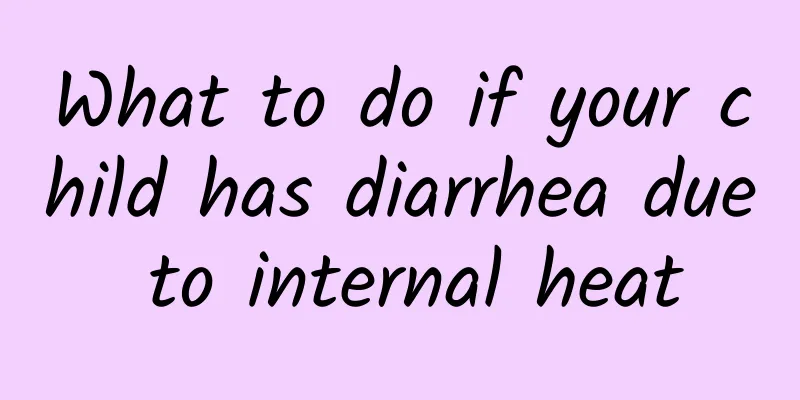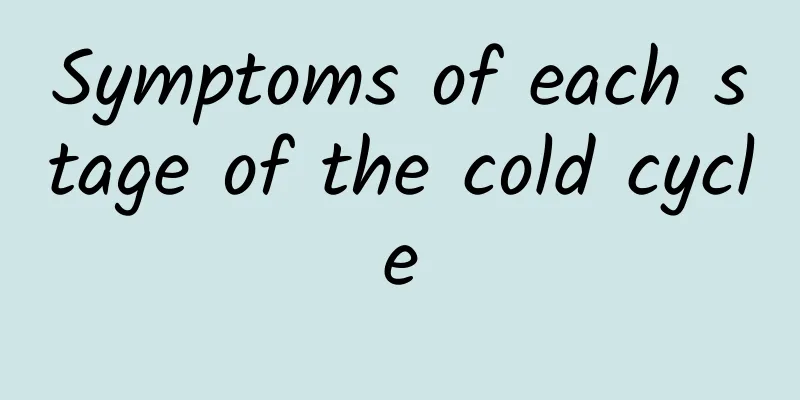The exact location of the heart

|
The heart is the final return place for our blood. Every beat of the heart is our closest contact and it is the driving force of the circulatory system. People used to say that the heart is an organ that senses our emotional changes, but we also know that this is a wrong view, and it is the brain that senses our emotions. However, the long-term tradition remains unchanged, which shows how important the heart is to us. Today we will take a look at where our heart resides. The heart is one of the organs of humans and vertebrates. It is the driving force in the circulatory system. The human heart is as big as a fist and shaped like a peach. It is located above the diaphragm, between the two lungs and slightly to the left. It is mainly composed of myocardium and has four chambers: left atrium, left ventricle, right atrium, and right ventricle. The left and right atria and the left and right ventricles are separated by septa, so they are not connected to each other. There are valves between the atria and ventricles, which prevent blood from flowing from the atria to the ventricles and not flowing back. The function of the heart is to promote blood flow, provide sufficient blood flow to organs and tissues to supply oxygen and various nutrients, and take away the end products of metabolism (such as carbon dioxide, urea and uric acid, etc.) so that cells maintain normal metabolism and function. The heart is located in the chest cavity, above the diaphragm, between the two lungs, about two-thirds to the left of the midline. The heart is like an inverted, slightly flattened cone at the front and back, like a peach. The apex of the heart is blunt and round, facing the left front and lower side, close to the anterior chest wall. Its surface projection is 1-2 cm inside the midclavicular line in the fifth intercostal space of the left anterior chest wall, so the apex beat can be seen or felt here. The base of the heart is wide, with large blood vessels entering and exiting it, heading towards the upper right posterior side, adjacent to the esophagus and other organs in the posterior mediastinum. The heart is one of the organs of vertebrates. It is the driving force in the circulatory system. The human heart is basically the same size as one's fist, shaped like a peach, with the apex leaning to the left. Located above the diaphragm, between the mediastinum, in the lower left part of the middle of the chest cavity, between the two lungs and to the left. It is mainly composed of myocardium and has four chambers: left atrium, left ventricle, right atrium, and right ventricle. The left and right atria and the left and right ventricles are separated by septa, so they are not connected to each other. There are valves between the atria and ventricles, which prevent blood from flowing from the atria to the ventricles and not flowing back. The above introduces the specific location of the heart in detail. I believe that you are more familiar with the location and structure of our heart. Every time I hear that some children are born with heart disease and then suffer from heart pain for many years, it may be that the current medical technology does not have more advanced surgery for our mysterious heart, so I hope that there will be more advanced technology in the future. |
>>: Six Chinese medicine remedies for removing stool
Recommend
Causes of prostate disease
The prostate plays an important role for male fri...
When it comes to nourishing the kidneys, is Chinese medicine or Western medicine better?
Nowadays, many people like to use Western medicin...
Symptoms of contact dermatitis, burning and itching are the most obvious
There are many types of dermatitis, the most comm...
Can drinking too much alcohol cause chest congestion?
Drinking is a very common way of socializing nowa...
Right back pain
It is very common to experience body pain. For ex...
The old man suddenly had foot pain and couldn't walk
As people get older, they have more and more phys...
Effective treatment for tenosynovitis
The so-called tendon sheath refers to a synovial ...
What food can cure hand tremors?
In daily life, everyone needs to eat a lot of foo...
What methods does Traditional Chinese Medicine use to treat eczema?
Traditional Chinese medicine has a very long hist...
What are the effects and functions of salt Ligustrum lucidum
There are many effects and functions of salt priv...
Body odor earwax is wet
For people, having body odor is something that is...
Is ectopic pregnancy dangerous?
The harm of ectopic pregnancy is very great. Once...
Treatment of allergic cough
Coughing should be very common in our daily life....
How much lipoprotein a is considered high
If lipoprotein A is too high, it will cause great...
Successful experience in preparing for a baby boy
Although many families no longer have the idea of...









